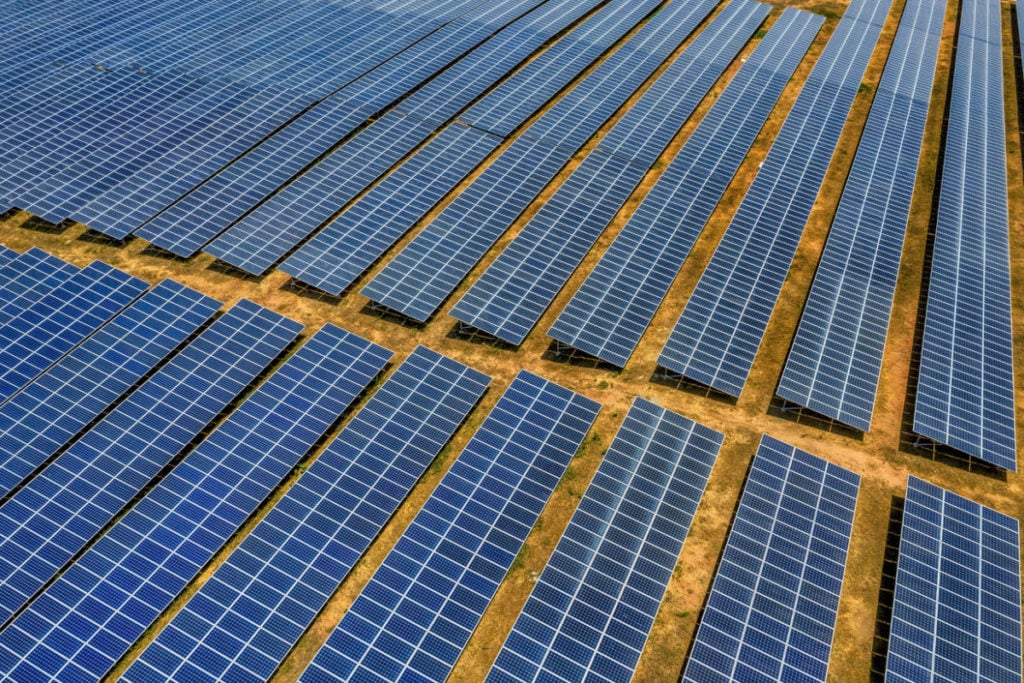
Greater strategic coordination of solar worldwide is needed to enable the sector to play its full part in tackling climate change, the newly appointed CEO of the Global Solar Council has said.
In an interview with PV Tech Premium to mark the launch today of the COP28 climate change meetings in Dubai, Sonia Dunlop said the gathering was arguably the most important COP round yet for renewables – and by extension solar – with a target of 11TW of renewables capacity by 2030 on the table.
Try Premium for just $1
- Full premium access for the first month at only $1
- Converts to an annual rate after 30 days unless cancelled
- Cancel anytime during the trial period
Premium Benefits
- Expert industry analysis and interviews
- Digital access to PV Tech Power journal
- Exclusive event discounts
Or get the full Premium subscription right away
Or continue reading this article for free
Dunlop said the GSC was going into the COP28 meeting with the mantra “solar can deliver” on expectations, a confidence underpinned by the huge global manufacturing base the solar industry has now developed.

Aside from the usual big hitters – China, the US and India – Dunlop said she believed all parts of the world could play a role in helping meet the burgeoning demand for solar over the rest of this decade and beyond.
“We want every region of the world to be involved in this and to be operating in one global, free and fair system for delivering PV and getting it up on roofs and into the ground,” Dunlop said.
Asked whether other parts of the world needed to take a similar approach to the US, where the 2022 Inflation Reduction Act has stimulated huge activity in domestic supply chains, Dunlop said greater coordination was required at a global level.
“My initial thinking is what we need is more strategic coordination of industrial strategies all over the world on PV,” she said. “We need to try and bring together all the people who are working on these industrial strategies and make sure that they fit together like jigsaw pieces in a big global puzzle, because that’s how we will succeed; ultimately the climate challenge will succeed together or not at all.”
To read the interview in full, visit PV Tech Premium.






